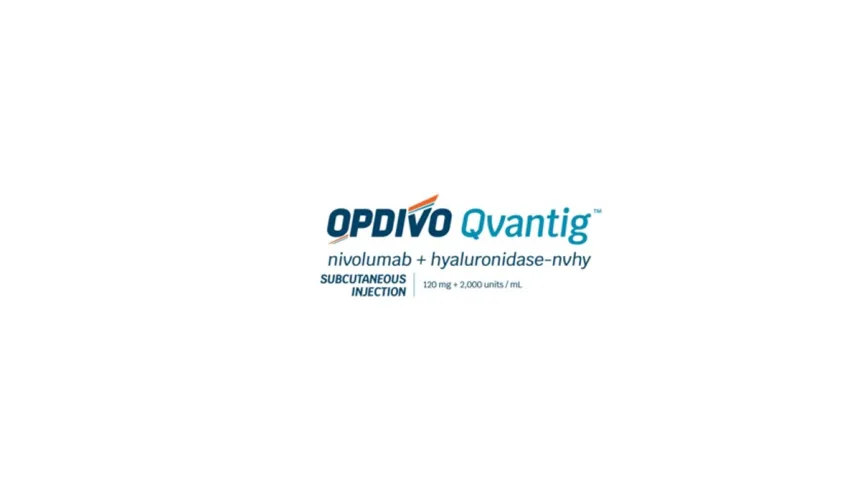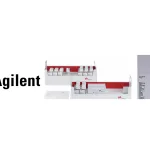December 2024- Bristol Myers Squibb announced that the U.S. Food and Drug Administration (FDA) granted approval for Opdivo Qvantig™ (nivolumab and hyaluronidase-nvhy) injection for subcutaneous use, a combination product of nivolumab co-formulated with recombinant human hyaluronidase (rHuPH20), in most previously approved adult, solid tumor Opdivo indications as monotherapy, monotherapy maintenance following completion of Opdivo plus Yervoy® (ipilimumab) combination therapy, or in combination with chemotherapy or cabozantinib. The approval is based on the results from the Phase 3 randomized, open-label CheckMate-67T trial, which demonstrated non-inferior co-primary pharmacokinetic (PK) exposures, similar efficacy in overall response rate (ORR), and showed a comparable safety profile vs. intravenous (IV) Opdivo.
“This approval of subcutaneous nivolumab gives our patients a new option that can deliver consistent efficacy and comparable safety expected from IV nivolumab, and offers a patient-centric treatment experience,” said Professor Dr. Saby George, MD, FACP, medical oncologist and director of network clinical trials at Roswell Park Comprehensive Cancer Center.
Also Read : Bristol Myers Squibb Collaborates for 4th Blood Donation Drive in Dubai
“At Bristol Myers Squibb, we are committed to helping patients in all aspects of their healthcare journey,” said Adam Lenkowsky, executive vice president and chief commercialization officer. “Over the last decade, Opdivo has evolved as an immunotherapy option used in many indications across tumor types. With this new option, we look forward to further helping cancer patients with an administration method that gives them faster delivery.”
“Receiving a cancer diagnosis can be frightening and stressful,” said Audrey Davis, LPC and Senior Director of Programs and Health Equity at the Cancer Support Community. “Having a treatment option that may offer patients flexibility to receive treatment outside of traditional hospital settings and reduce the administration time is important. It’s exciting to see these continued advancements with immunotherapy administration that may offer another choice for patients and caregivers navigating this difficult journey.”



















